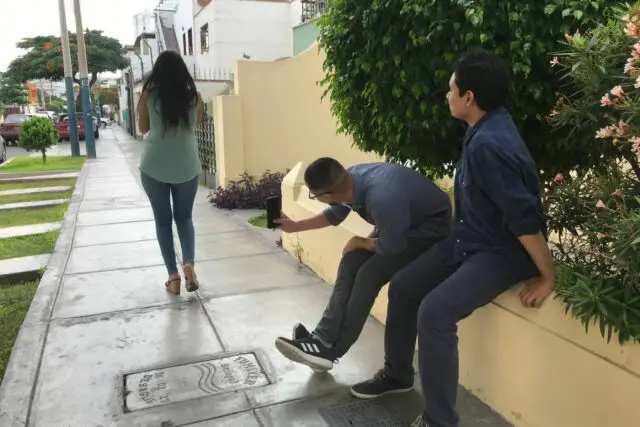The area that includes the María Aguilar Interurban Biological Corridor (CBIMA) could become a place free of street sexual harassment against women. A first step to achieve this was taken with the signing of a declaration by the National Institute of Women (Inamu), the United Nations Development Program (UNDP), the National Institute of Housing and Urbanism (INVU), as well as institutions and municipalities present within the corridor.
Five local governments are integrated into this system: Alajuelita, Curridabat, La Unión, Montes de Oca and San José. They must incorporate the gender perspective into their improvement actions in the area.
Insecurity affects everyone in public spaces, but it affects women disproportionately and differently. Data from the Public Ministry indicate that, from January to July 2021, 263 crimes related to street sexual harassment were reported. Not all everyday expressions of harassment are reported.
Harassment Code strategy

This action will be part of the Inamu Harassment Code strategy, which will include the installation of informational signs in public places. The municipalities of the 5 signatory cantons must sensitize and train their staff, especially those who work in the maintenance of public spaces and nurseries. Education and awareness activities will also be promoted, especially for those who work in the maintenance of public spaces and nurseries.
Infrastructure and safe public spaces
Marcela Guerrero, executive president of Inamu, asserted that the declaration is intended to establish infrastructure and safe public spaces for women. In this sense, she stressed that the design and construction of infrastructures in those spaces should be considered in which not only the safety of women is guaranteed, but also the fight against street harassment is promoted. Guerrero is confident that the results will be seen “in a very short term.”
For his part, José Vicente Troya, UNDP resident representative, commented that each intervention must guarantee more accessible spaces for women. “Actions for the conservation of biodiversity are not disconnected from actions with social impact, they cannot be treated separately. The defense of the environment must contain an intersectional gender perspective reading of public spaces,” Troya reaffirmed.
For his part, Erick Solano Coto, INVU executive president, highlighted that the Corridor is a pioneer in the recovery and regeneration of green public spaces that guarantee quality of life for citizens. In addition, it recognizes the special protection that must be provided to women so that they can enjoy these spaces without fear.
The María Aguilar Interurban Biological Corridor is the most densely populated sub-basin in the country, with more than 402 thousand inhabitants, that is, 8% of the population. In the five cantons that comprise it, 52% of the population are women.

